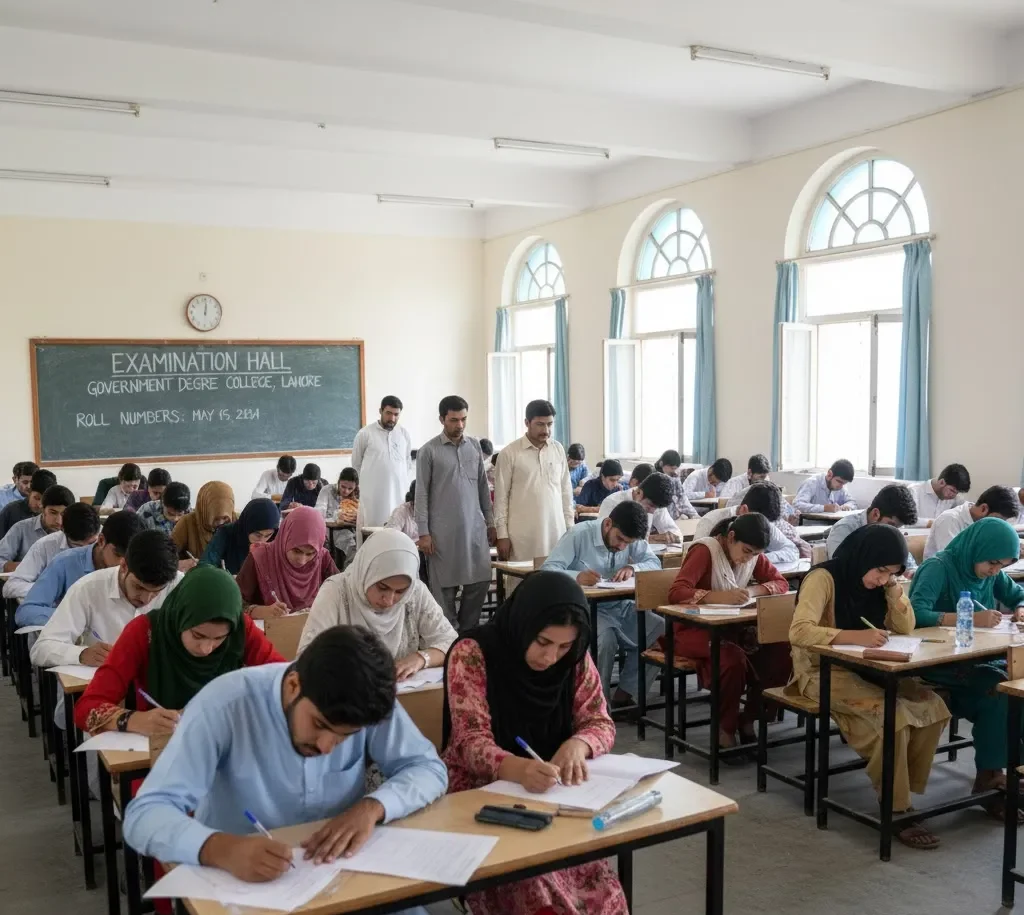A New Directive to Protect Students’ Rights
In a landmark decision, the Punjab government has signed into policy that all public schools establish anti-harassment committees to ensure students experience a safe, inclusive and respectful learning environment. The initiative was announced by the School Education Department (SED) under the leadership of Chief Minister Maryam Nawaz, to coincide with the International Day of the Girl Child.
The policy—framed around the focal keyphrase “Punjab public schools anti-harassment committees”—aims to address all of the following: (1) harassment prevention; (2) protection of the student; (3) protection and promotion of equitable gender relations in education. By enacting this policy, the Punjab government continues to demonstrate safety and well-being for the student, affirming that every child is entitled to a quality education in an enforceable community of dignity and trust.
2. How the Anti-Harassment Committees Will Work
According to the official notification normally issued by the School Education Department (SED), each primary, elementary, secondary, and higher secondary school across Punjab must promptly establish an anti-harassment committee and so on.
Each committee will consist of:
- The school head (chairperson)
- At least three teachers, and
- Mandatory female representation to ensure gender balance and sensitivity
These committees will operate within the framework of the Protection Against Harassment of Women at Workplace Act, 2010, which purposefully extends the same legal protections for working women to students.
The duties and responsibilities of these committees are:
- To receive and inquire about complaints in a confidential manner
- See that the complainants are supported during the inquiry process
- See that the inquiry is fair and impartial
- To maintain written records, and outcomes of the complaints
- To submit reports to the District Education Authorities (DEAs) periodically
This the committee structure creates a mechanism for addressing harassment that is confidential, accountable, and effective. Including women on the committees is not only important, but vital – because it provides empathy and a sense of fairness and trust in dealing with affairs that are so sensitive in nature.
3. Creating a Culture of Accountability and Respect
Opening the anti-harassment committees in Punjab public schools is not only a question of compliance, but rather an alteration of school culture. It represents a shift towards decent school governance, student agency and zero tolerance of harassment.
The publicized move conveys a clear message that harassment in schools will no longer be obfuscated. Harassment will now have to be dealt with through formal processes, trained committees, and a degree of accountability. In the wake of growing pains in implementing these protocols in schools, both teachers and students will learn what it means to be respectful, empathetic, and equal partners in educational institutions.
Over time, these committees will also help trust between students and administrations, with the latter taking incidents seriously enough to make the risk of reporting worthwhile to victims of harassment. The initiative also invites schools to start shame-free and judgment-free awareness sessions, training for teachers, and accessible reports.
Final Thoughts
This move by the Punjab entities is a significant step toward educational reform and student safety. Bringing anti-harassment committees into Punjab’s public schools opens doors for the rest of the provinces and sets tightly coupling educational values and safety. By establishing accountability, confidentiality, and respect in the school cultural frameworks helps to make way for better equitable and safer places of learning for all children in Punjab.



